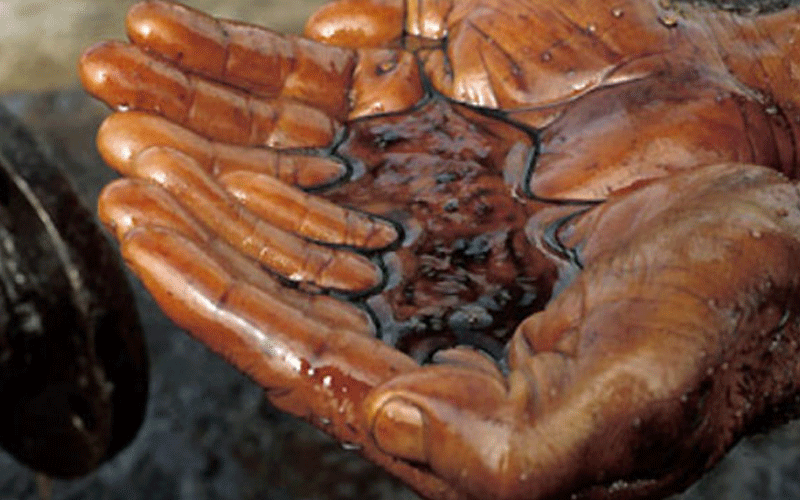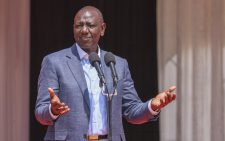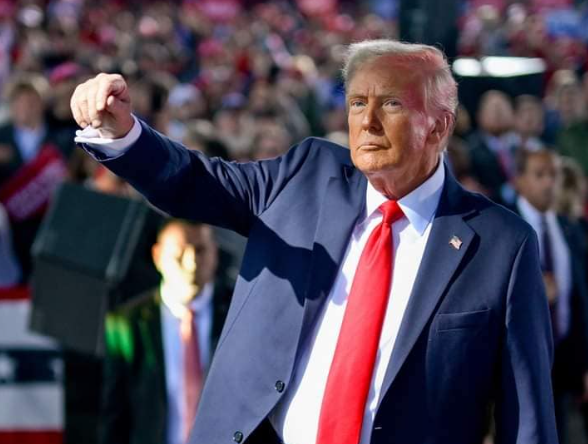Motorists may pay less for fuel as global value drops by 30pc

Seth Onyango @SethManex
Motorists could soon enjoy reduced fuel costs following a sharp drop in pump prices after global oil value plunged 30 per cent in five years as Russia and Saudi Arabia clashed over bid to cut production.
Saudi Aramco slashed pricing of its crude exports for April after Organisation of the Petroleum Exporting Countries (Opec) and Russia failed to agree to a production cut, a move that could offer local motorists unexpected relief.
Energy and Petroleum Regulatory Authority (Epra) Director General Pavel Oimeke said consumer should expect a relief in the next cycle which takes effect in April.
When giants fight
“What we are seeing currently will cause a small ripple as we wait and see what happens as Saudi Arabia-led Opec and Russia flex their muscles,” Oimeke told Business Hub.
Therefore, motorists should not expect significant respite in the next price review which will be released on Sunday.
Internationally, Riyadh’s move to discount its crude and raise production prompted the price of Brent crude, the international oil benchmark, to fall to as low as $31.02 (Sh3,150) per barrel.
Leaders from Opec nations and Russia last week met in Vienna to cut production to stabilise oil prices as global demand dipped due to the spread of coronavirus.
But the oil powers struggled to reach an agreement during the meetings, which were in their third day on Friday.
Moscow argued it wanted to assess the full impact of the novel virus on oil demand before taking action, triggering uproar from Riyadh which is keen to ring fence its market share.
According to the Financial Times (FT), Saudi Arabia’s approach to a possible deal with Russia was a take-it-or-leave-it demand to join them in reducing an additional 1.5 million barrels a day (b/d), taking total cuts to 3.6 million b/d or roughly four per cent of global supply.
That is thought to have riled Moscow, which does not see itself as a junior partner.
But even as global oil prices begin to fall, Kenyans have a reason to be sceptical since previous drops have not reflected in significant price cuts in the local market.
Marginal cuts
In 2014-2016, prices hit the lowest at $30 (Sh3,000) per barrel from a high of $115 (Sh11,500) per barrel in the corresponding year.
However, Epra, then the Energy Regulatory Commission only made marginal cuts at the pump stations amid fears that history could repeat itself this time around.
“The lower global oil price may disincentivise further oil exploration and mining in Kenya’s nascent fields as it becomes tougher to balance costs amidst thinning potential revenue,” says Geghis Capital analyst Churchill Ogutu.
Meanwhile, hopes for an oil price recovery in the short-term have been pinned on the coronavirus outbreak being quickly contained. However, a vaccine is still not in sight.
Traders have warned that global oil demand this year could contract for the first time since the financial crisis more than a decade ago.
Oil consumption could be at least one to two per cent lower this year than what analysts had expected at the beginning of the year, with demand taking a hit from restrictions on air and road travel.















